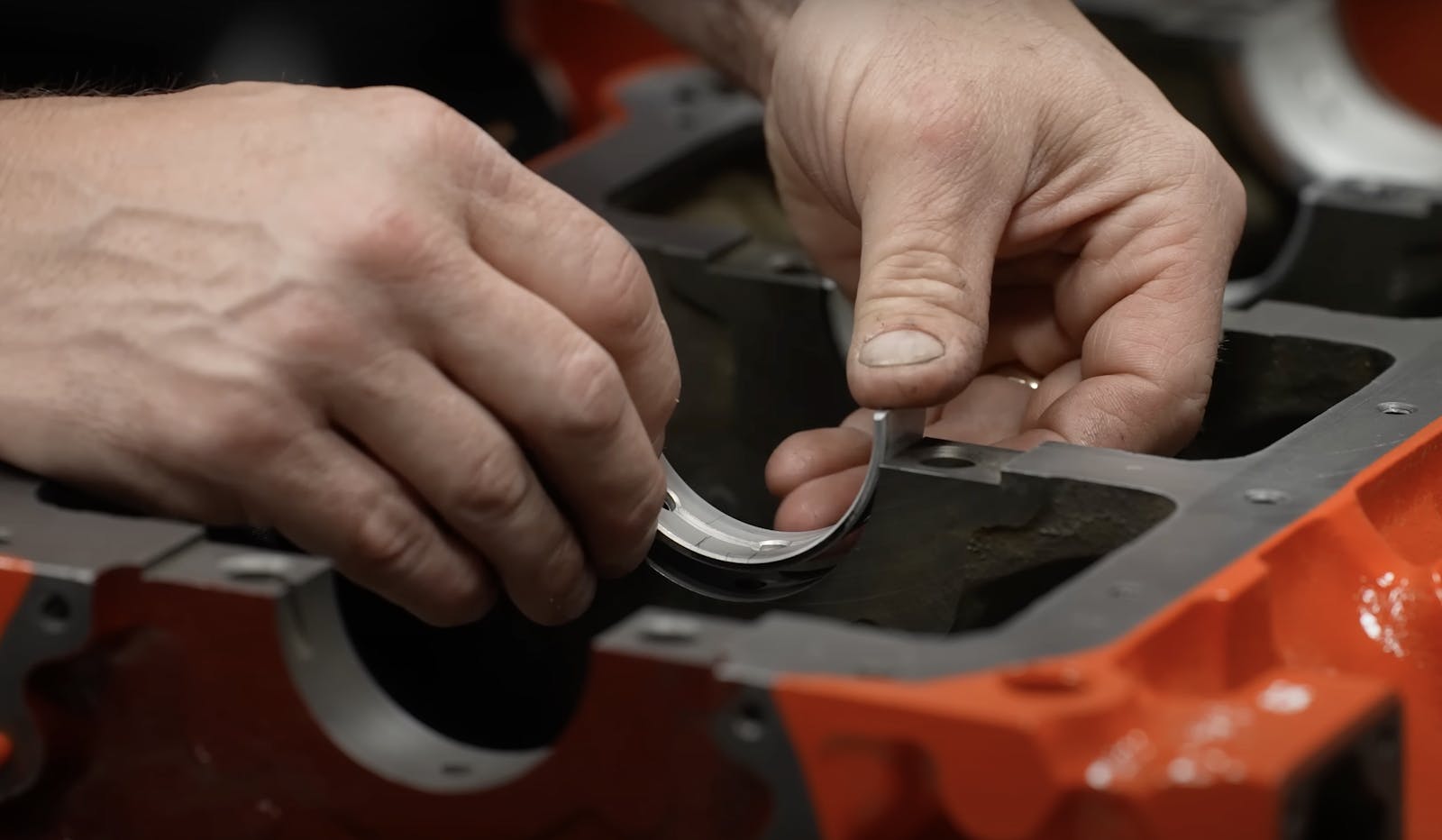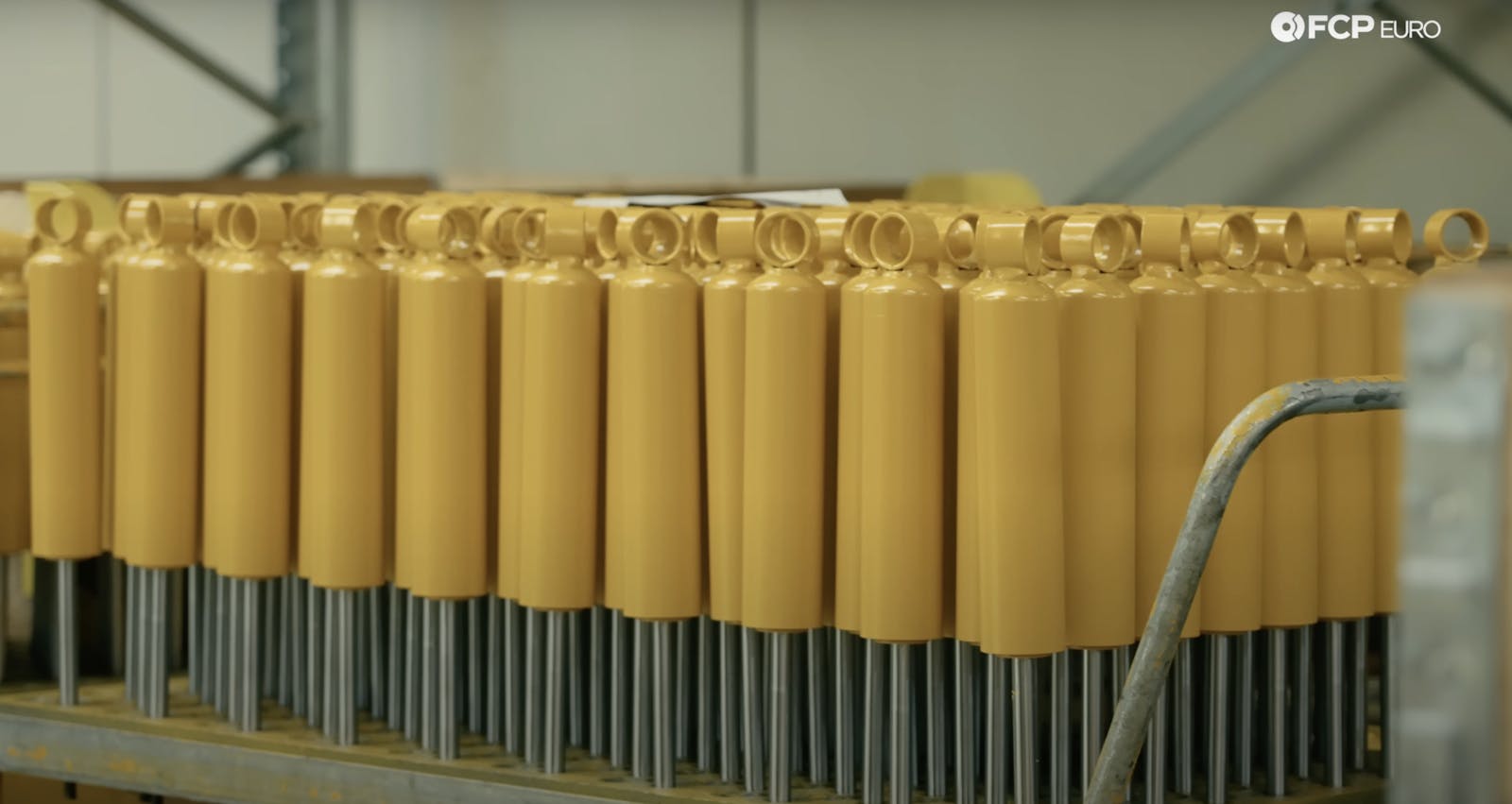A Consumer’s Guide To Vehicle Restoration
Following is a guide prepared by the Michigan Department of State, Bureau of Automotive Regulation, for vehicle owners considering a restoration. There are certain suggestions applicable in Michigan which may not apply in your state. But in general, the guidelines below should help you protect yourself during a restoration project. Please contact your state office that oversees automotive regulation for state specific guidance.
Does your heart beat faster when you see a restored or modified ’34 Ford or ’57 Chevy? Are you dreaming about restoring your own classic car? The information here may be helpful if you decide to pay someone to improve or restore the condition of your older or classic vehicle.
The Michigan Department of State, Bureau of Automotive Regulation, is responsible for administering the Motor Vehicle Service and Repair Act. This law regulates the diagnosis, service and repair of motor vehicles. The Bureau of Automotive Regulation also licenses and regulates motor vehicle repair shops, investigates complaints and informs consumers of their rights.
Complaints investigated by the bureau involving restoration work are usually complex. This makes them very difficult to resolve to the satisfaction of the customer or the restoration shop. The information in this brochure can help you avoid many of the pitfalls that may occur when restoration work is being performed.
WHAT YOU SHOULD KNOW
Only repair facilities registered with the Michigan Department of State can perform restoration work for compensation. Ask to see the registration certificate before contracting for repairs. Check to see if repair facitilites in your area are required to register with the state.
- Complaints involving restoration work usually arise because there is not a clear understanding of the work desired and the costs involved.
- Restoration work typically falls into three categories: paint work, recondition, and complete restoration.
Paint Work includes the preparation of the surfaces to be painted and the application of paint to specific panels or to the entire vehicle. This may or may not include dent and rust removal and/or panel repair.
Reconditioning involves improving certain portions of the vehicle. The work involved is usually more than paint work but less than restoration. Example:replacing quarter panels, door skins or floorboards without restoring the engine compartment or drive train.
Complete Restoration (also called “ground up” restoration) involves the disassembly and reconditioning of the entire vehicle to like new or better condition.
OTHER IMPORTANT INFORMATION
There are various levels of quality within the three restoration categories.
- The better the understanding regarding the quality of work desired, the greater the chance you will be satisfied with the work performed.
- Talking with others who have had restoration work done can help you identify a good restoration shop.
- Have the prospective restoration shop proved you with a list of customers who have had similar work performed. Check to see if they are satisfied with the work performed and the price agreed upon.
- Obtain a detailed written estimate before work is begun. Because it can be difficult to accurately assess the cost of restoration work, it may be n necessary for the repair facility to disassemble or remove paint from your vehicle to determine the extent of work needed. Obtain a written estimate for the cost of disassembly or paint removal.
- Discuss how long it will take to perform the work desired. Establish a project completion date.
- Find out if the shop encourages periodic visits to check on the progress of the work. If it allows visits, also ask if you may take pictures to record the project.
- Ask for a revised estimate each time significant changes are made to the original contract or if work is performed in stages.
- If the price quoted for the desired work is beyond your budget, it may be necessary to modify the amount of work you want done or remove the vehicle from the restoration shop.
- Get a final invoice that details the work performed. If, during the restoration process, you are periodically billed for time and materials, have the restoration shop explain the charges if they are unclear. Ask that photographs be provided or take them yourself. A digital camera is very helpful for recording the restoration process.
- While the law does not prohibit a restoration shop from taking money in advance of work being performed, it is not a wise idea to pay before the work has started. Advance payment can diminish your ability to work out a mutually agreeable resolution if a dispute arises.
IF YOU HAVE A DISPUTE
First, try to settle the dispute directly with the restoration shop. If you are unable to resolve the matter, you may file a complaint with the your state Bureau of Automotive Regulation immediately or check with your state Attorney General’s office.

